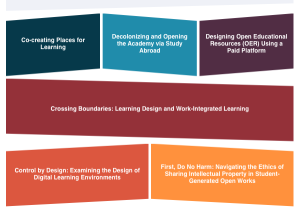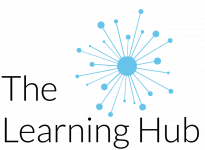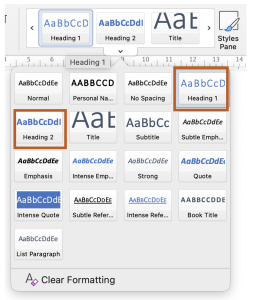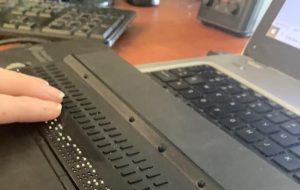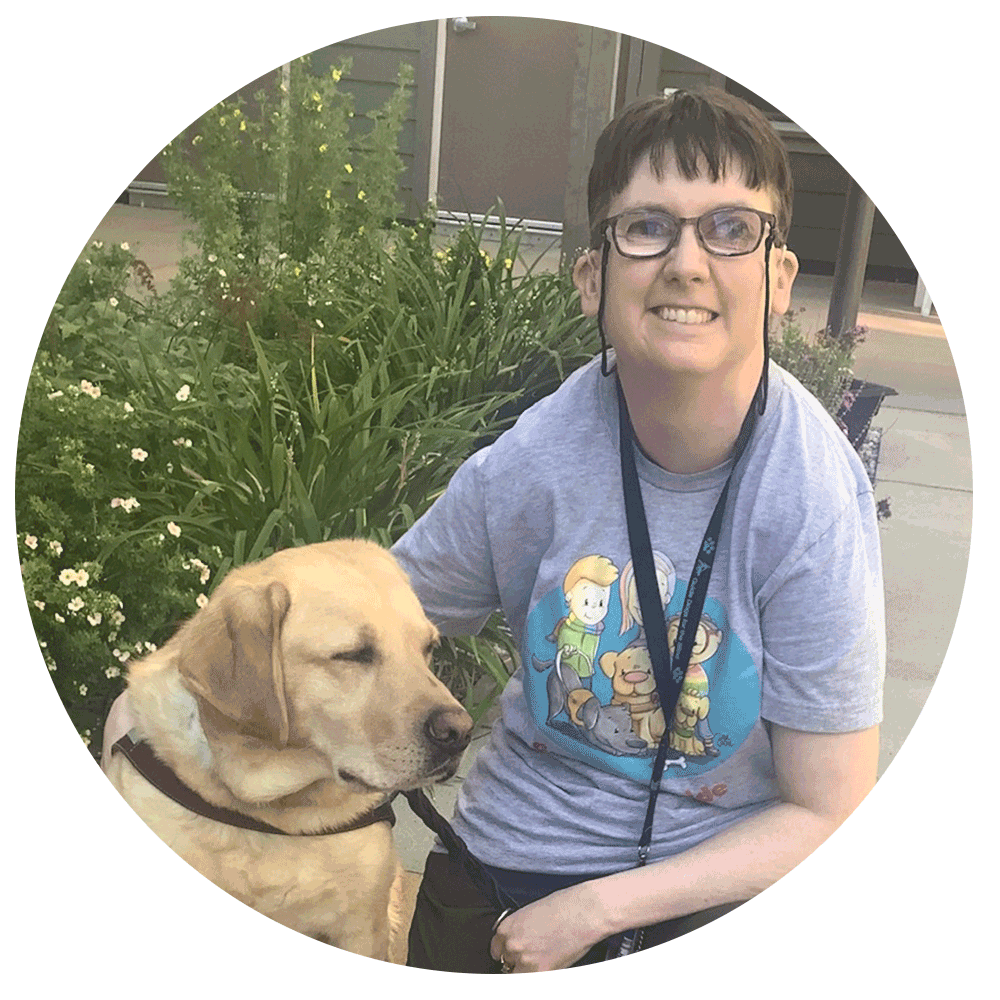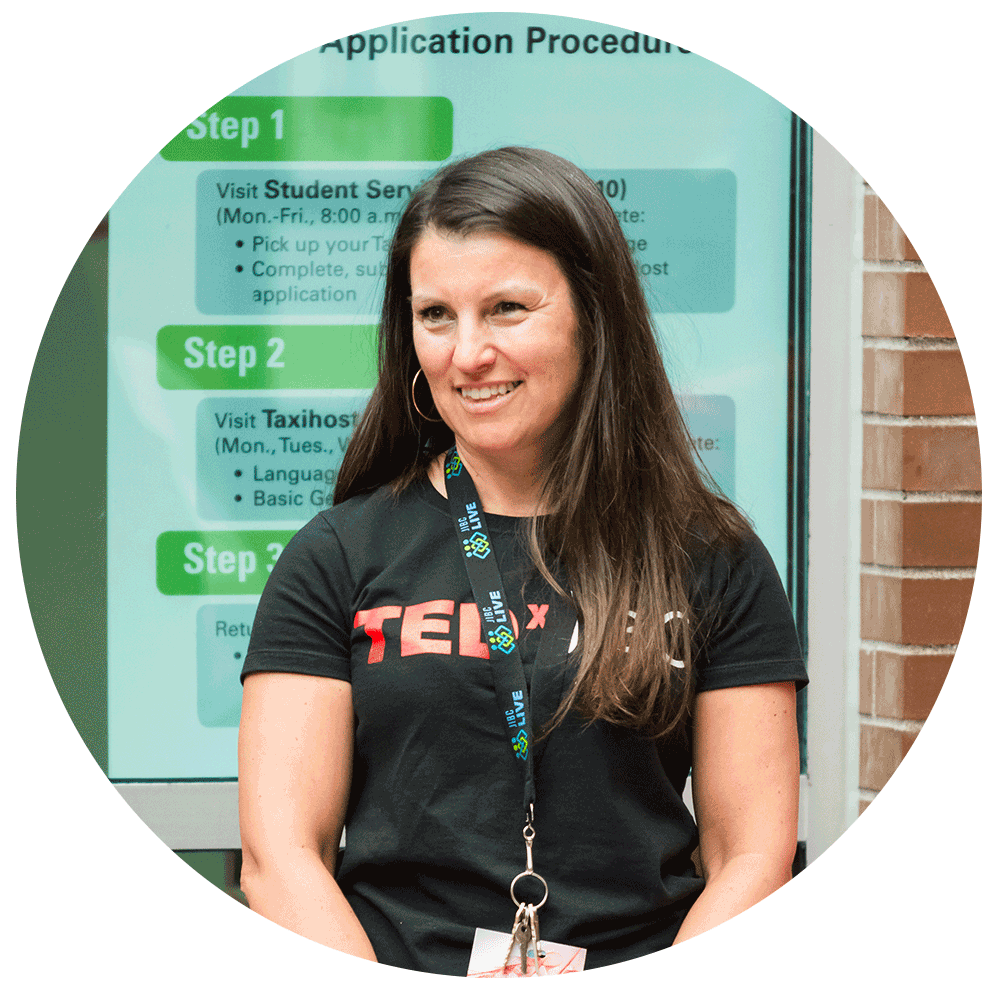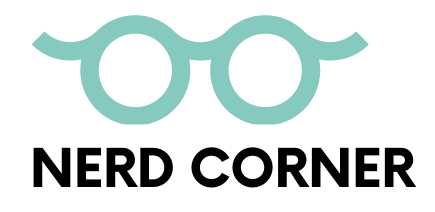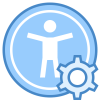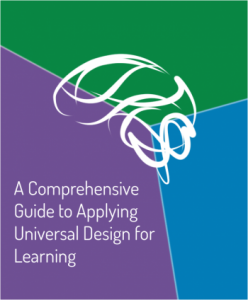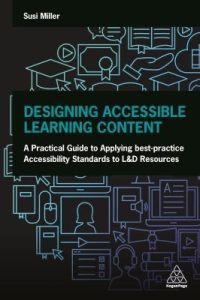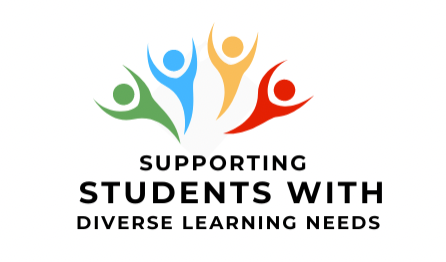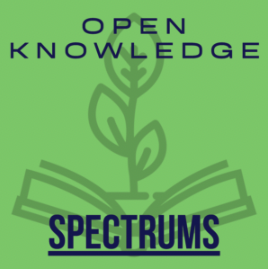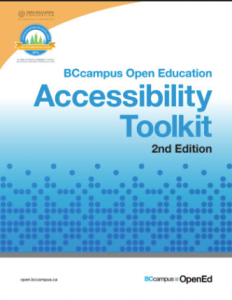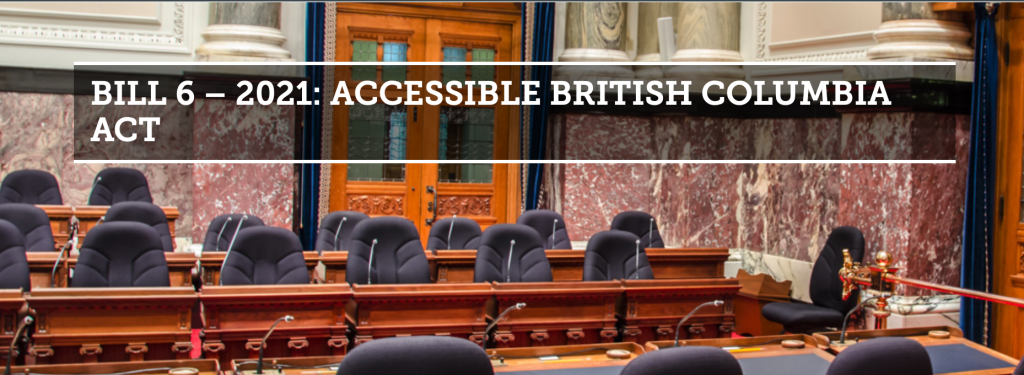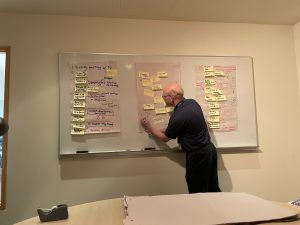Let me tell you how we try to do things at CTLI, especially in the context of putting this Learning Hub together. If you are coming to the Learning Hub and reading this, that suggests you are interested in learning more about teaching and learning maybe with a particular interest in our work at the Justice Institute. So I want to talk a little bit about our process, for interest’s sake, for transparency, and may be to help encourage people from this readership to become part of that process.
One of the things about working for a teaching and learning center — and I think this applies well beyond JIBC — is that as members of that centre we operate on the principles of relationship-building and leadership-of-influence. Because we are a service of this institute, we rely on the practice of people coming to us for work to be completed as well as for ideas, planning, guidance, troubleshooting, and anything in between. So yes, with the kind of work we do, whether that is course design or a faculty development event or a big research-based project, we want customers and partners. But even more than that we want repeat customers and returning partners. While we do the work, we develop the relationships, and the best jobs are the ones where the product speaks for itself and the relationships have grown and deepened. Hopefully, there has been food and drink along the way.
So let’s take this issue of Accessibility as a case in point. Accessibility has been gaining profile for the past few years in post secondary environments as yet another aspect of learning design that curriculum developers and instructors need to pay attention to. (News Flash: Instructional design is not just about matching your learning outcomes to your assessments….) Accessibility can mean many different things to different people and it is intentionally inclusive in its breath of definition. We may have seen it in other forms, such as in conversations about Universal Design for Learning (UDL) or Open Education or in Indigenization or Equity and Diversity and Inclusion (EDI) in addition to redressing the oversights of ableist thinking. All those topics, important in their own right, relate in some way to Accessibility because they address the challenge of making education accessible and available to all, not just those who fit a dominant demographic or profile.
So at CTLI and the editorial braintrust of the Learning Hub (which is pretty much the same people), we feel it is our professional obligation to be informed about such issues — and not just informed but as much as we can we want to acquire some expertise or practical knowledge so that we can in turn communicate and help embed improved practices in our work. Leading by influence, in other words.
With the Learning Hub, we strive to put out an issue once per quarter on a theme that we consider to be important not only to us but to those who are involved with educational development at JIBC. That is, instructors, course developers, program staff, administrators…anyone who has a stake in helping our students. A few months ago we found ourselves talking about accessibility. This is partly in response to the BC legislation on accessibility and AccessibleBC: BC’s Accessibility Plan for 2022-2025. This plan outlines the priorities of our provincial government around accessibility and there are clearly implications for those of us in the training and post secondary environments. So we felt this was a good opportunity for us to learn more. After all, as post-secondary educators, we have a responsibility to our learners to be able to provide high-quality learning experiences to those who take our training and courses. This includes everyone and emphasizes perhaps those we have not considered as much as we should.
This brings us to this issue, where you will find a range of perspectives on the topic of accessibility. I encourage you to spend some time going through all the pieces, which come in a variety of formats, including text, audio, interactive infographic, and video. We also point you to some valuable resources that you can use in your work when you are creating and developing your courses, or for instructors who want to be mindful of accessibility in their classrooms and the way they teach. This isn’t the final word on accessibility from us. As you will see from these contributions, there is a lot of work yet to be done. But consider this a reference point, somewhere to jump off from in your journey to knowing more, and applying, best practices for accessibility in your work. In this way, we hope you find this issue to be relevant and helpful.
Back to us at the Learning Hub, so now you know how we generate these issues. We welcome input from anyone who is part of our community and, in fact, we depend upon it. As an institute, it is critical that we are part of the big conversations around Education – that is our job – and so we welcome anyone who wants to join us. We’re grateful to those who have contributed to this and past issues, we want to be able to involve even more contributors. So if you are ever interested in being part of one of our issues, please get in touch with us and let’s talk.
Please take your time and enjoy this issue of the Learning Hub!
